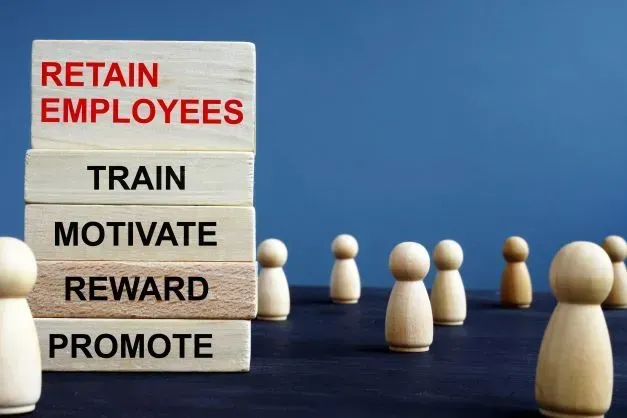Alcohol use among older adults has been rising steadily over the past few decades. By 2020, it is estimated that 5.7 million seniors will use or misuse alcohol. The reasons that elders choose to drink vary. One thing is certain, it becomes a dangerous combination for those with chronic conditions.Increased health care costs associated with alcohol use in Medicare patients topped over $26 billion in 2006. Medical and related expenses were even higher for older adults with chronic conditions like cardiovascular disease, diabetes, kidney disease and others.
Aging And The Effects Of Alcohol
Growing older effects the body’s senses, digestion and absorption of food. How the body handles alcohol also changes with age, even for someone who has consumed it for many years. Some older people feel “high” without changing the amount they drink, especially older women. This “high” leads to more falls and fractures and other kinds of accidents.
Drinking can also cause dehydration, worsen depression or other mood disorders. Long-term alcohol use causes elders to be more confused or forgetful – symptoms often mistaken for Alzheimer’s or dementia.
Medications Don’t Mix
Prescription and over-the-counter medications taken while alcohol is in the body is particularly dangerous. Interactions can make medications ineffective or cause side effects like feeling dizzy, drowsy or unsteady on their feet. More serious interactions can cause heart problems and internal bleeding. Women typically experience more problems than men because of body size and composition.
Diabetes And Alcohol
Elders diagnosed with diabetes need to carefully consider if alcohol is worth the risk. Alcohol can cause the blood sugar to rise too high (hyperglycemia) or drop too low (hypoglycemia) – depending if it consumed with food and other factors. Out-of-control blood sugar can cause nausea, vomiting, headaches, jitters, tiredness and a general feeling of being unwell. Both conditions put elders at risk for falls, fractures and trips to the emergency room.
Drinking And Heart Disease
Small or moderate amounts of alcohol have been shown to lower the risk of cardiovascular disease – moderation is key! For elders with high blood pressure, a past heart attack or congestive heart failure, the risks outweigh the benefits.
Alcohol worsens hypertension and can raise triglycerides in the blood – increasing the risk of a fatal heart event. Drinking adds empty calories but no nutritional value. Extra fluids are problematic for those with heart failure, especially those who are following a restricted-fluid diet to manage symptoms.
How Can You Help?
If clients still choose to drink alcohol, here are some ways to help:
Work with the care team to find the safest medications, if they are prescribed. Ensure that direct care staff are providing medication reminders to keep the elder on track.
Provide training for staff on common chronic diseases, especially cardiovascular disease and diabetes. Make sure they understand how alcohol can affect the condition and elder’s nutritional health, interact with medications and cause complications.
Enlist caregivers to closely monitor those who may be at risk for alcohol abuse or disease-related complications. Reporting concerns early can prevent big problems down the road.
If you suspect the elder has a drinking problem, enlist help from a physician or other professionals trained in substance abuse. Making the first call can help put an elder on the road to recovery.
To find a professional in your area, contact the Substance Abuse and Mental Health Services Administration
SAMHSA’s National Helpline
1-800-662-HELP (4357)
Sources
Mukamal, Kenneth J. et al. 2006. “Alcohol Consumption in Older Adults and Medicare Costs.” Health Care Financing Review. 27(3): 49-61.
National Council for Aging Care. Alcohol Abuse Among the Elderly: A Complete Guide. Accessed 9 September 2019. https://www.aging.com/alcohol-abuse-amongst-the-elderly-a-complete-guide/
NIH. Facts About Aging and Alcohol. 16 May 2017. Accessed 9 Sept. 2019 from https://www.nia.nih.gov/health/facts-about-aging-and-alcohol
Written by: Chef Beth Scholer, CC, CDM, CFPP, is a food scientist, culinary instructor, author and founder of Caregivers Kitchen. She is passionate about empowering caregivers to make positive nutritional changes and mealtime meaningful for those in their care. She can be reached at chefbeth@caregiverskitchen.net.
Let Kenyon Homecare Consulting Be Your Key To Manage Chronic Disease:
At Kenyon Homecare Consulting, we work in partnerships to help agencies get the best education and have the proper tools to effectively manage chronic diseases. Call us today at 206-721-5091 or contact us online to see about our chronic disease education programs or on-site training.










